Exploring Jamaican Foods: Guava Fruit
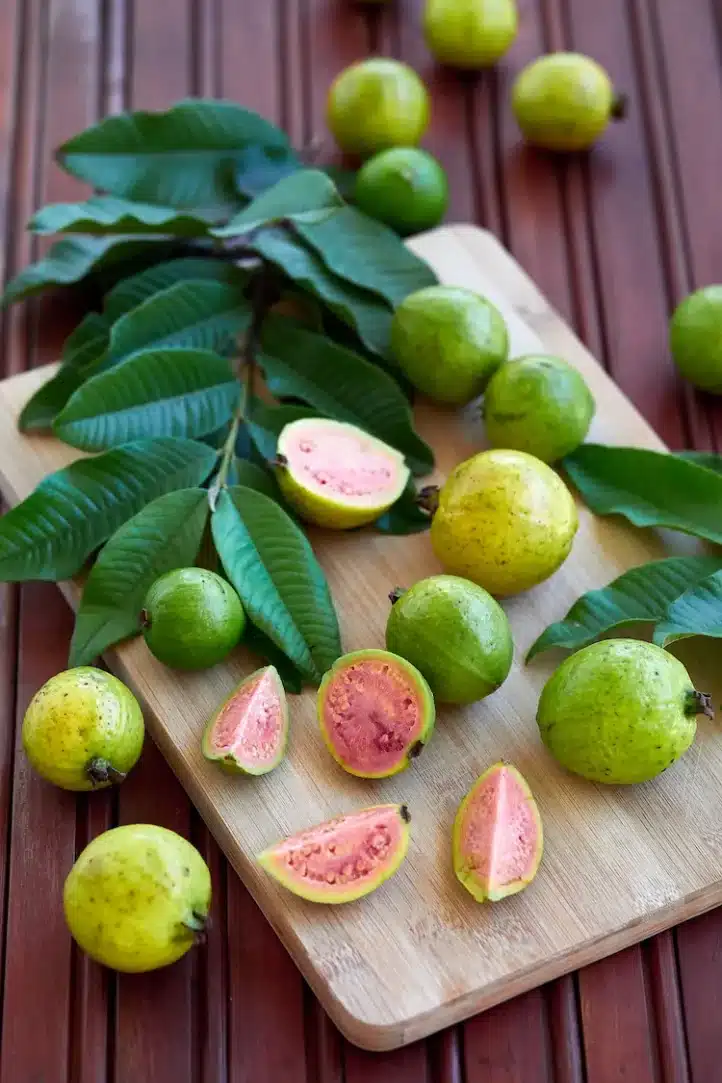
Guava (Psidium guajava) is a tropical fruit native to southern Mexico, Central America and the Caribbean, which is why you will find it growing naturally throughout Jamaica. Guava is now widely cultivated and naturalized in most tropical areas worldwide. Globally, Guava is known as a superfood, but for most Jamaicans, it is just another delicious fruit.
Guavas native to Jamaica
There are several guavas varieties native to Jamaica, each classified according to the colour of their flesh. The tropical white and pink guavas are the two most common guavas that grow wild in Jamaica. The tropical pink guavas have flesh that is either salmon-coloured, deep pink or light pink. Meanwhile, the tropical white Guava has creamy white pulp.
Guavas found in Jamaica are usually small, round, oval, or sometimes pear-shaped fruits growing to a length of two to three inches. The fruit’s flesh contains many hard, tiny, round, yellowish seeds in the Guava’s core.
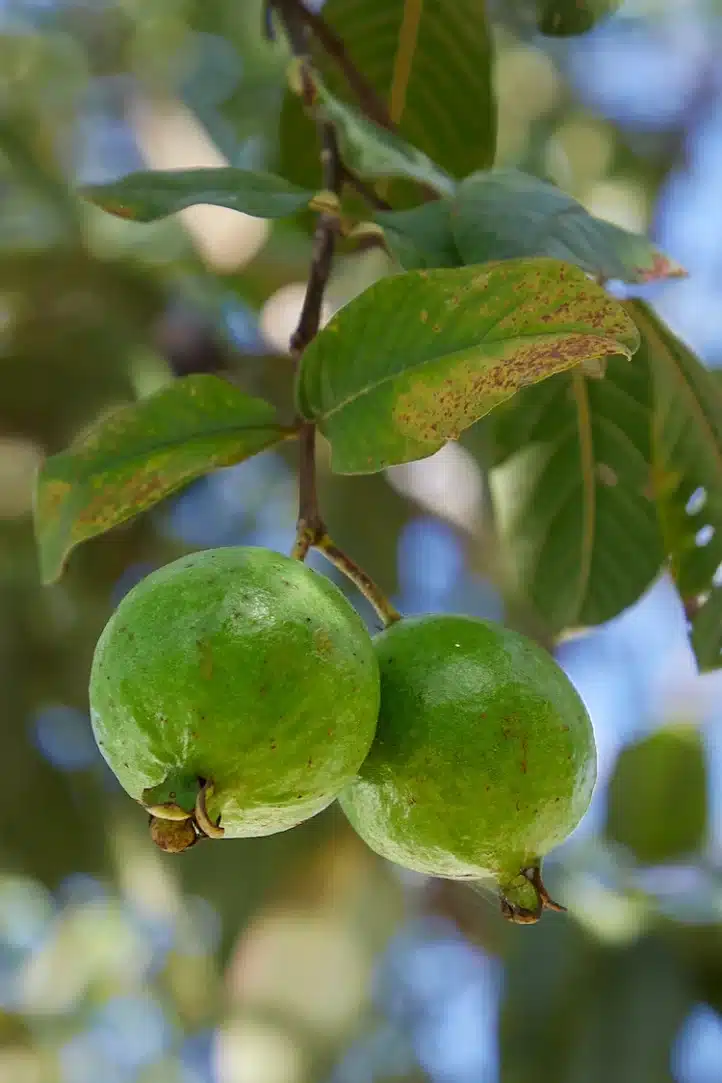
How to tell when Guava is ripe
The skin of the tropical white and pink Guava is dark green in its unripe state. When ripe, these two types of Guava turn yellow-green; however, the pink guava skin can also turn yellow. These ripe guavas will also release a potent, sweet, fruity aroma. The more the fruit ripens, the stronger the fragrance. The guavas become tender and can easily bruise or crush when ripe.
Guavas are ready for harvest 3 to 6 months after blooming the tree’s flowers. Also, like many other fruits, Guava can be harvested and ripened off the tree. Typically, mature Guava takes 3 to 8 days to ripen at room temperature.
How to eat the Guava fruit
The entire guava fruit is edible, including the seeds and skin. Eating the ripe Guava fresh off the tree is the best way to enjoy this tasty fruit. Some Jamaicans will bite into the fruit, while others may peel off the skin and slice the Guava before consuming. Semi-riped Guava is also edible. In Jamaica, locals might add a pinch of salt to the fruit to lessen any acidity.
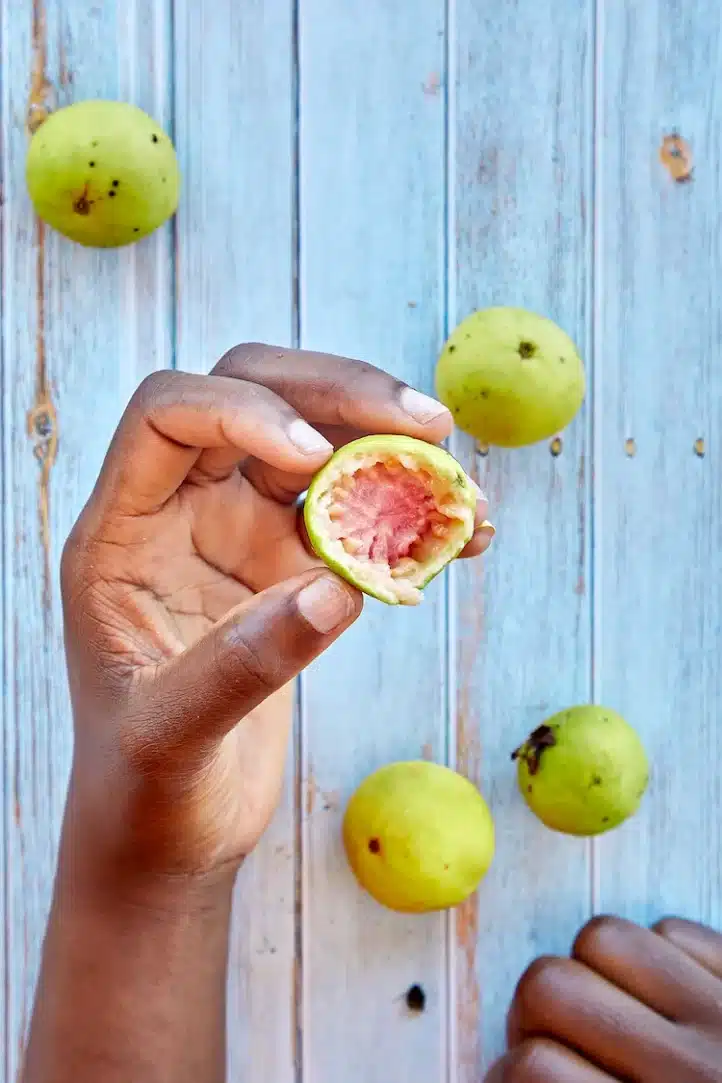
How does the Guava fruit taste?
When the Guava is ripe, it has a sweet and tangy flavour. The seedy flesh is soft and juicy. Jamaican Guava tastes like a mixture of strawberry and pear (not the Jamaican pear). The tropical white and pink guavas taste similar, but the pink variety is often sweeter. Semi-ripe guavas are less sweet, possibly sour, and are slightly firmer to the touch.
Guava fruit uses and benefits
In Jamaica, Guava is not only eaten raw but is also used to make juice. Guava is often combined with other fruits, such as pineapple, to create a flavourful fruit juice blend. In recent years, Guava has also made its way into Jamaican jerk sauces from its traditional uses in jams and jellies. Guava jelly is an old Jamaican favourite often paired with Excelsior Water Crackers. Regardless of how one may consume Guava, it is an excellent dietary choice because it has many health benefits.
Guava offers health benefits such as regulating blood sugar levels and possibly reducing the risk of developing diabetes. Guava is rich in antioxidants, including vitamin C, that boosts the immune system. The guava fruit contains four times more vitamin C than an average-sized orange! Guava also helps maintain a healthy heart as it is an excellent source of potassium, which regulates blood pressure. The high levels of vitamin C also help to improve cholesterol levels.
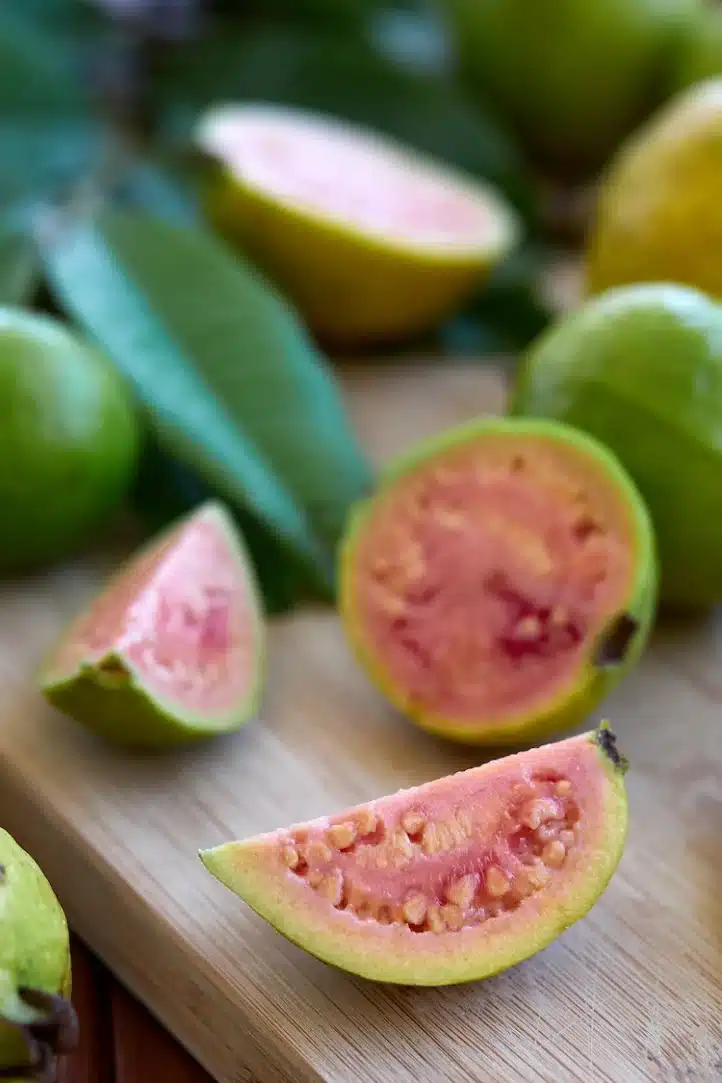
How to Use Guava Leaves
Guava leaves are as effective as the raw fruit and have many uses. One of the most common uses is to brew tea. Consuming guava leaf tea is believed to have many health benefits—someone suffering from diarrhoea who drink guava leaf tea experience less abdominal pain and a quicker recovery.
The antibacterial and anti-inflammatory properties of guava leaf help promote oral health. Using guava leaves can help relieve toothaches and heal gum and mouth sores. Guava leaf can also improve skin health and hair growth.
Disclaimer: The author makes no guarantees as to the curative effect of any herb or tonic on this website, and no visitor should attempt to use any of the information herein provided as treatment for any illness, weakness, or disease without first consulting a physician or health care provider. Pregnant women should always consult first with a health care professional before taking any treatment.
Related Post:
Let’s stay connected! Find me on:
Also subscribe to my newsletter for updates on all new post!

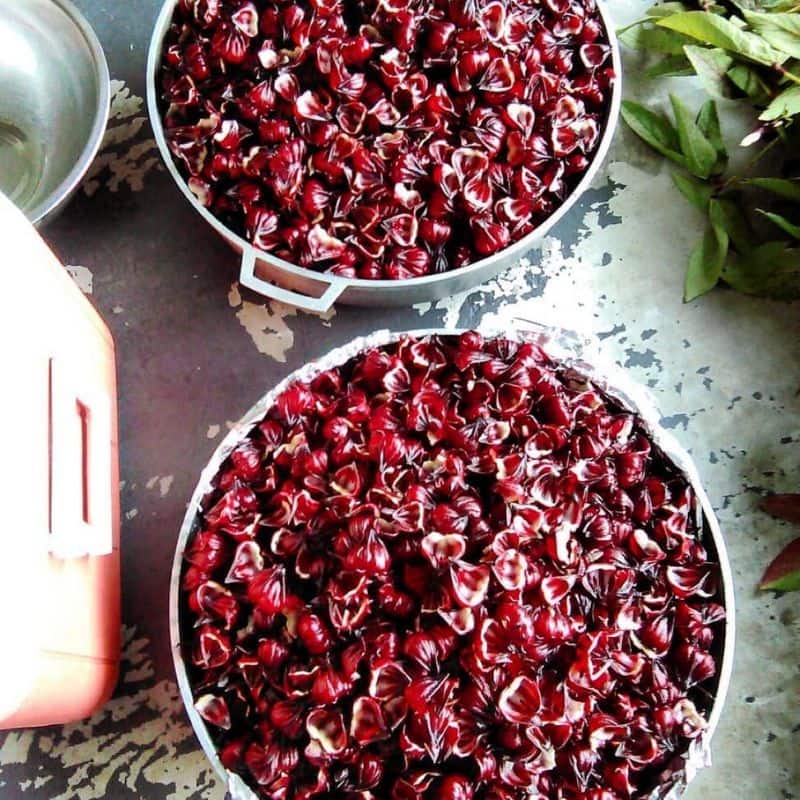
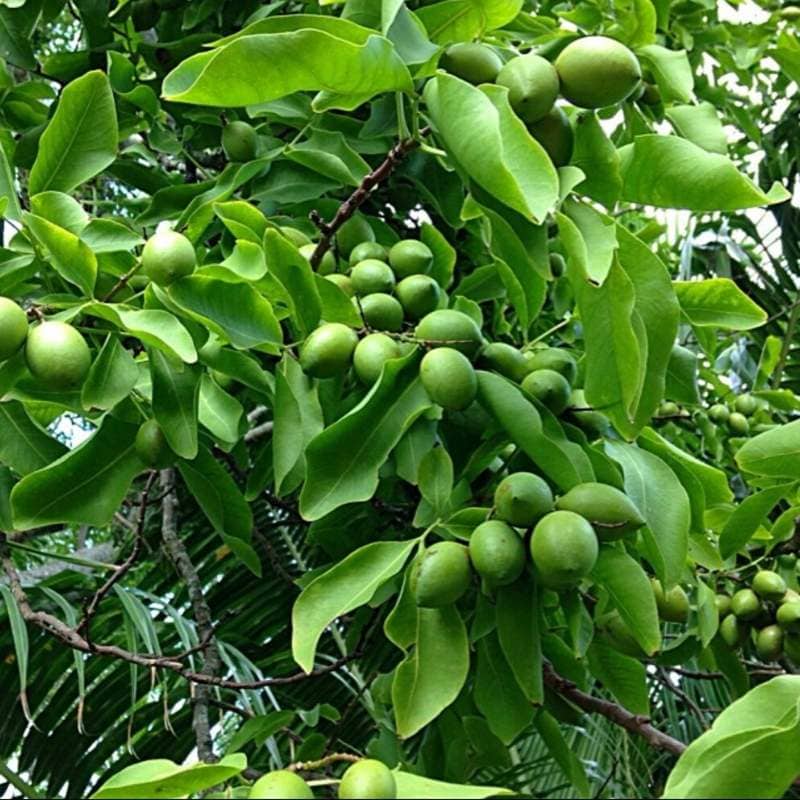
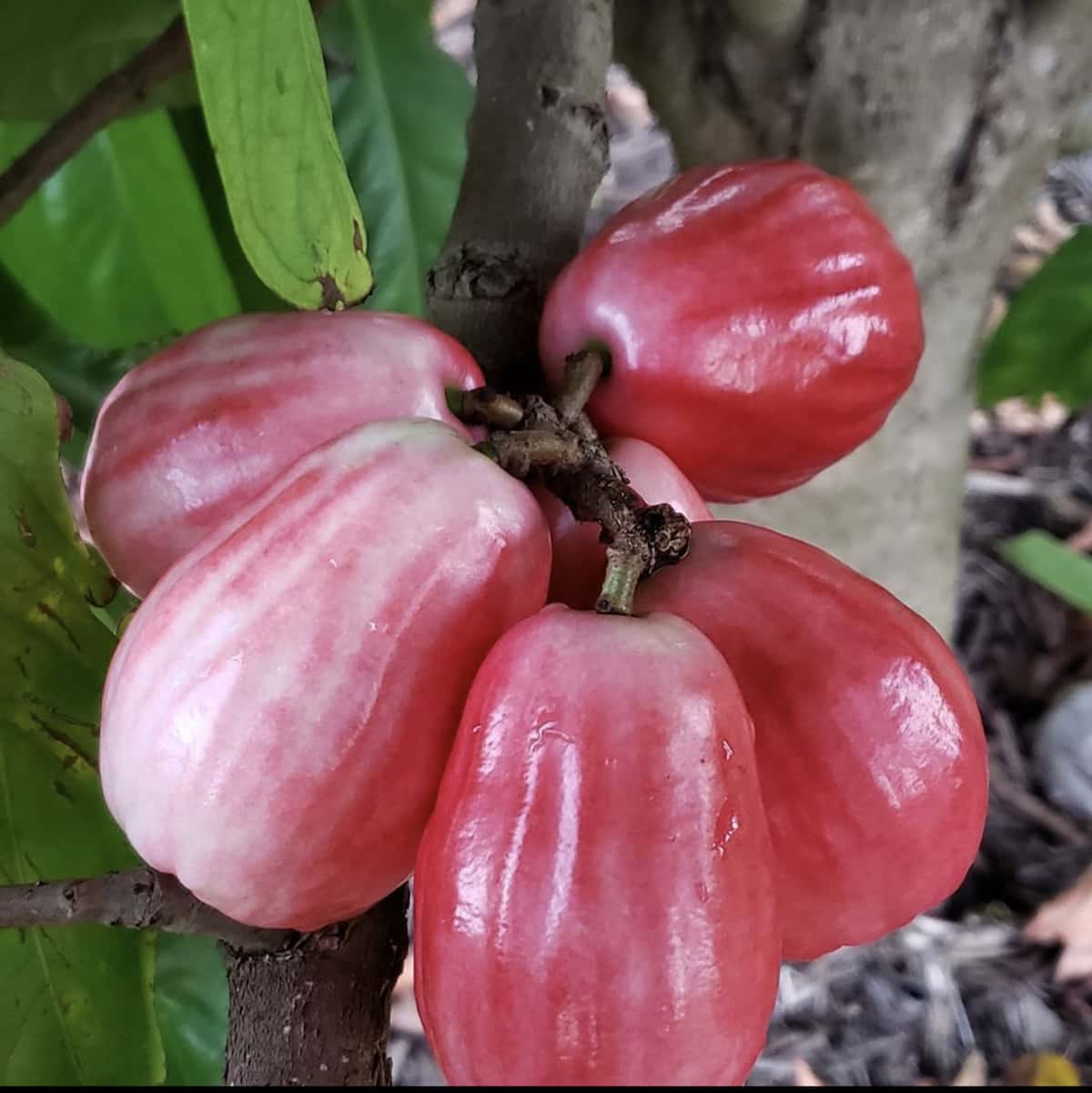
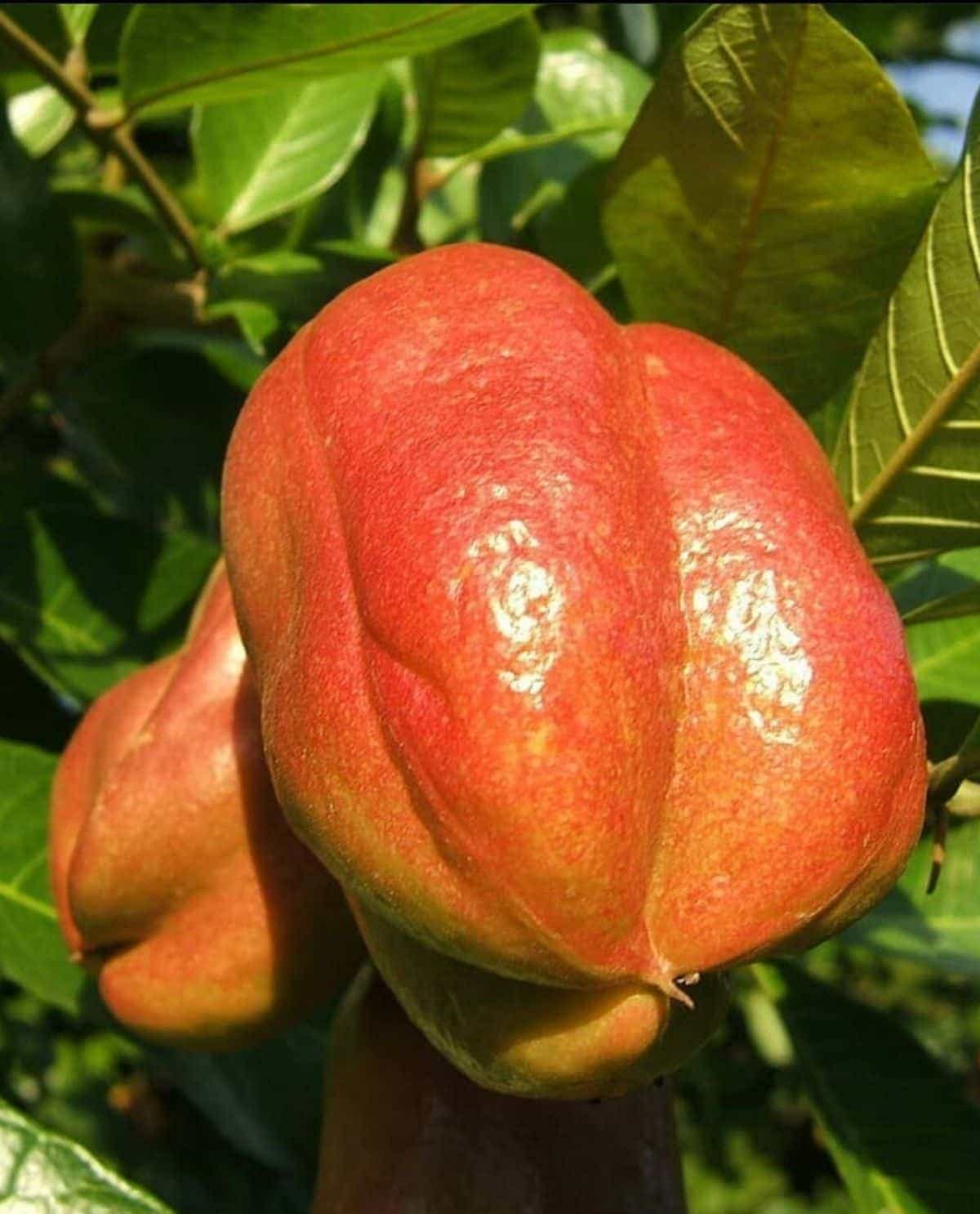
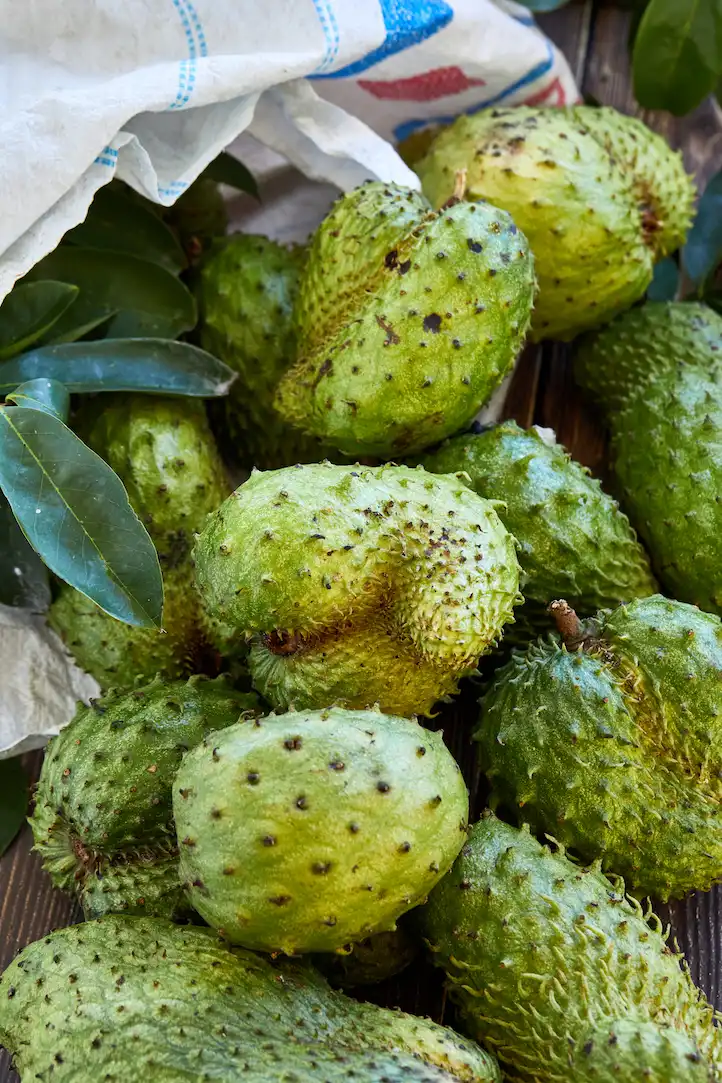
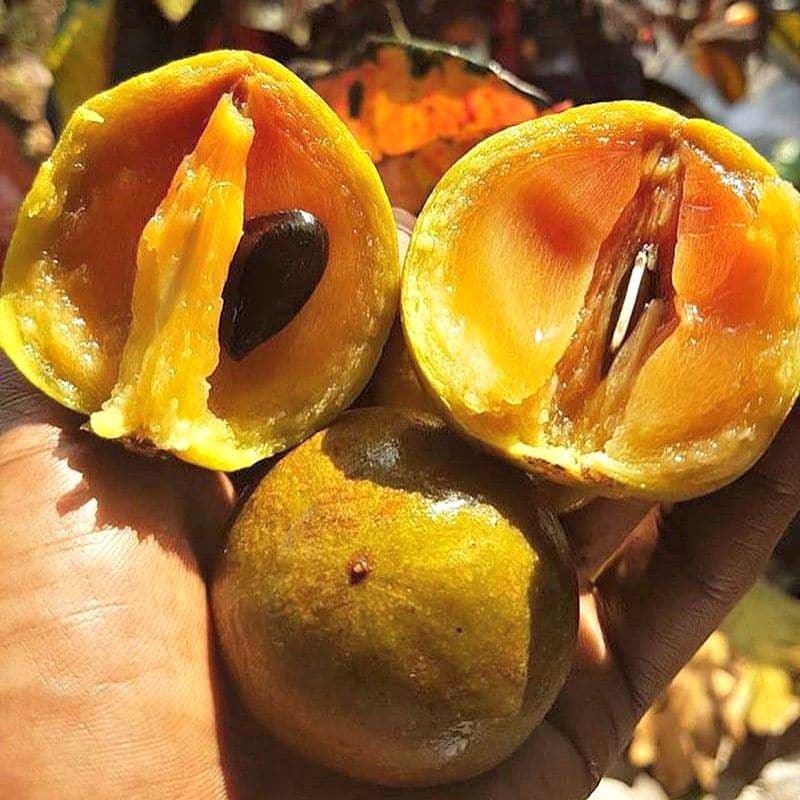
Love your article lesa.. they are refreshing and well detailed1.. I am a Agriculturist also manage agri related project.
Hi Tyrone, thanks for your feedback. I’m pleased to know that know an Agriculturist corroborates the information.